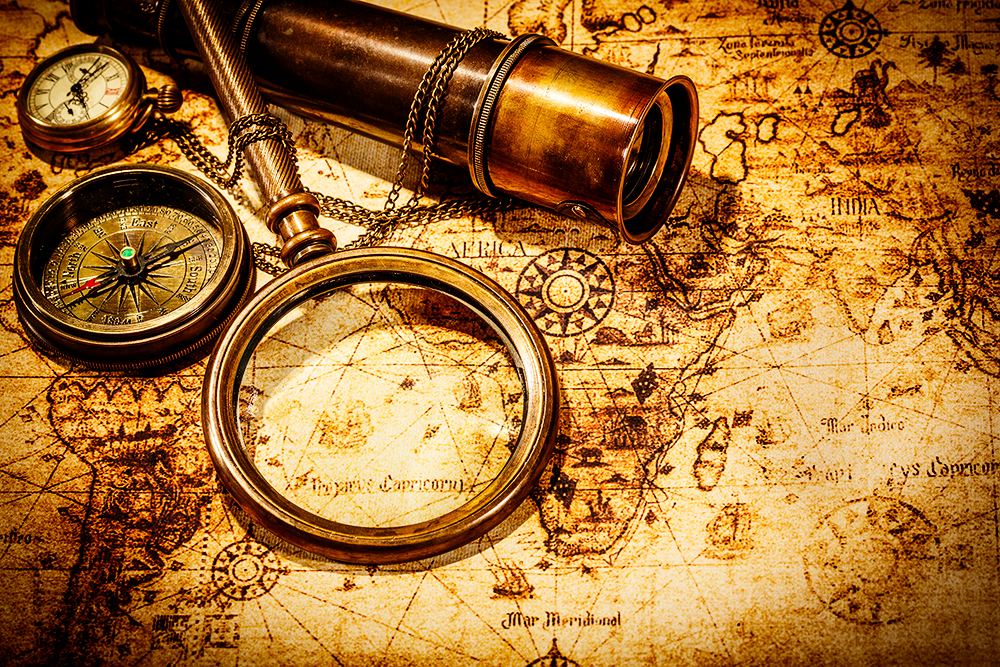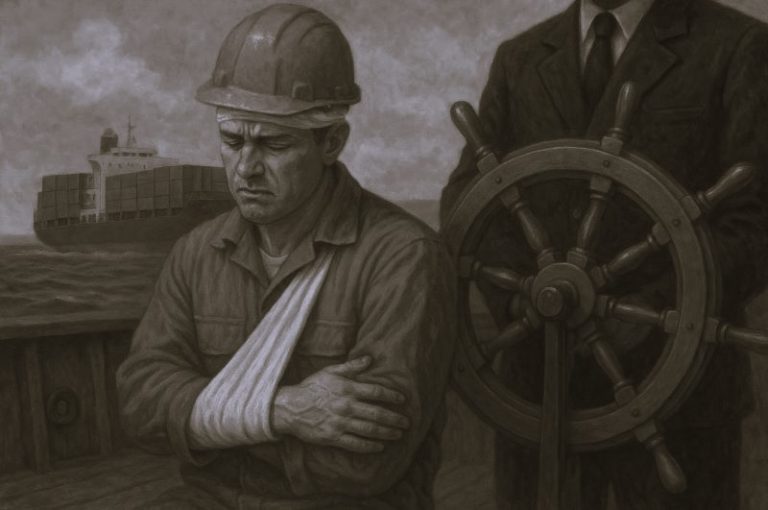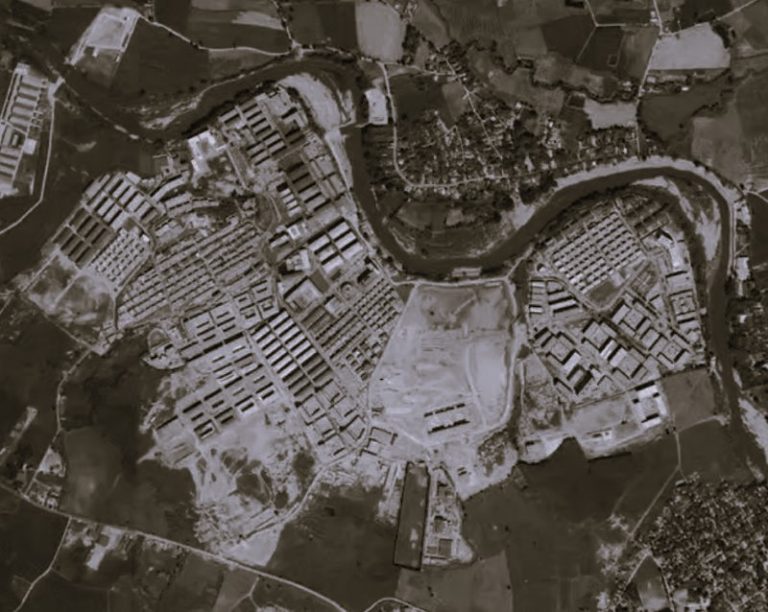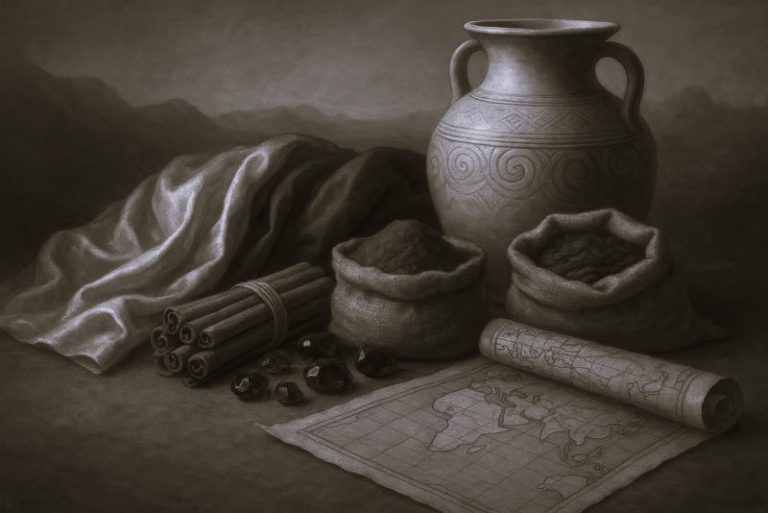
We all live in the present while planning and worrying about what the future holds. Historical study, on the other hand, is the scrutiny of past events. Given the many challenges that emerge from living in the current world while awaiting what the future brings, why bother studying what has already occurred? With so many sources of evidence and information, why spend valuable classroom time on a considerable amount of history.
Like any subject, history needs justification. Those who advocate for its inclusion in education have to explain why it is worth studying. While history is very helpful, the outcomes of its study are less instantaneous and less tangible when compared to scientific disciplines. In this article, we take a critical look at why historical studies are important.
History Helps in Appreciating Societies and Individuals
History as a subject offers important storage of information on how humanities behaved in the past. When present communities understand how others operated, they can get a clearer picture of how to face future challenges. If we were to rely only on the current data, our investigation of phenomena would be less than satisfactory.
For example, it is not possible to assess war when a nation is experiencing peace — unless we explore historical sources. History also allows us to understand what shaped such monumental events like technological innovation and social structures by providing information on past experiences.
Most aspects of how societies operate, including missionary accomplishments, mass elections, and military coalitions, cannot be examined as precise trials using science. History, therefore, serves as a laboratory, providing data in our quest to understand why humans behave in specific ways in societal situations. We cannot afford to abolish history as it offers an incredible evidence-base examining and considering how societies operate.
History Is Important in Our Personal Lives
Other than allowing us to understand societies, history also helps learners on a more personal level. When well told, history can be a beautiful way for one to understand his or her heritage and beliefs. It is a tool for improving human understanding in an increasingly diverse society. That said, history assignments can be quite challenging. It is a good thing, therefore, that learners can easily get “write my essay” online.
History Allows Us to Appreciate Change

By studying our history, we get to learn how our societies came to exist. We cannot look into the future without understanding our past. So, if we want to understand why something occurred, whether, in terms of drastic changes in political party supremacy, or major fluctuations in the rates of teenage suicide, we have to consider factors in the past. In this respect, therefore, studying history allows us to appreciate the circumstances that instigate change.
History Fosters Moral Consideration
Another reason why students should be taught history is that it allows a moralistic approach to education. Unlike the sciences that are founded on facts and empirical evidence, history offers ground for moral inspection. As students study the accounts of circumstances and persons of the past, they can examine their own moral values, honing against some of the difficulties tackled by people in the past. They learn that people facing adversity is not just some form of fiction. In this sense, therefore, history is a way to learn from examples.
History Offers Identity
Learning history has been shown to help foster identity. Historical data comprises evidence regarding communities were created, and how they have transformed while remaining cohesive over the years. Students can understand how their families and communities have interacted in the wider societal context. History also tells the story of a nation, allowing citizens to gel and feel proud of a common heritage. History lessons, therefore, are critical for excellent citizenship.
History Fosters Virtuous Citizenship
This is perhaps one of the most commonly cited reasons given by proponents of the inclusion of history in classrooms. The subject is critical for noble citizenship, promoting national character and allegiance. However, the significance of history transcends this simplistic goal. The subject offers facts on the appearance of national institutions, principles, and problems. It also provides evidence regarding how states interrelated with others in the past, offering reasonable and global perspectives important for accountable citizenship.
In essence, therefore, historical study is important for promoting an informed populace. From the subject, students learn about the backgrounds of their ideals and political organizations. By learning about the past, we get to predict and prepare for the future.







